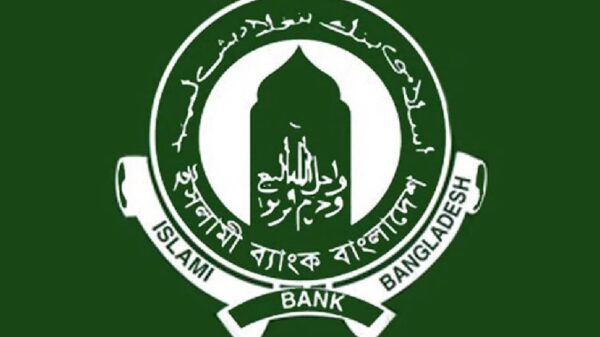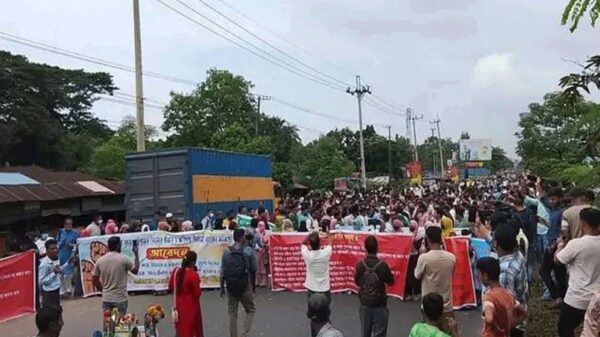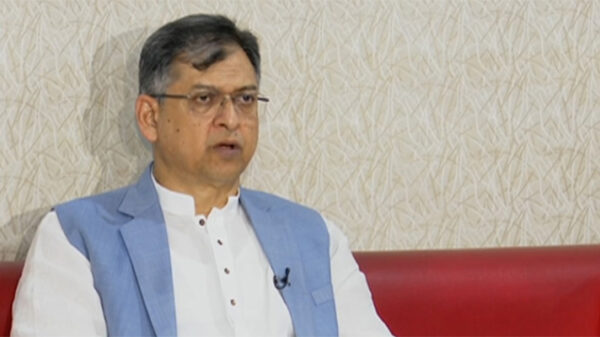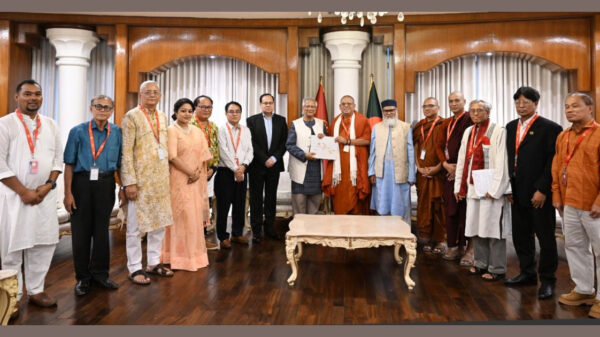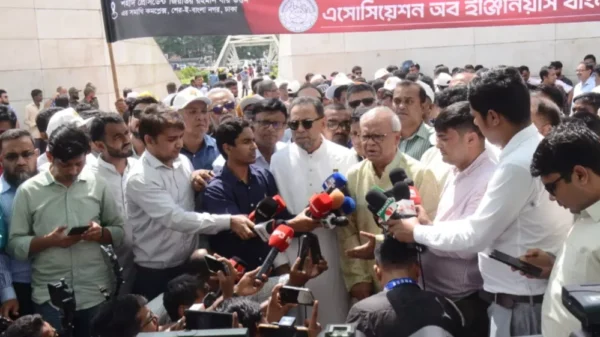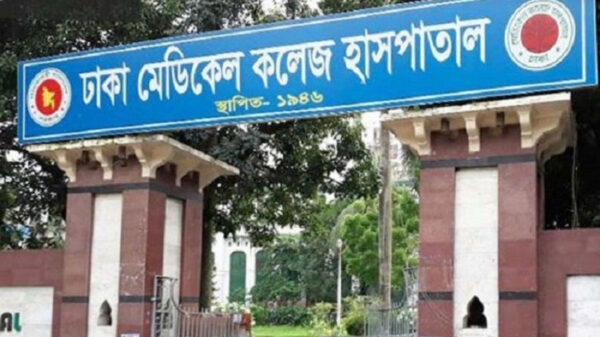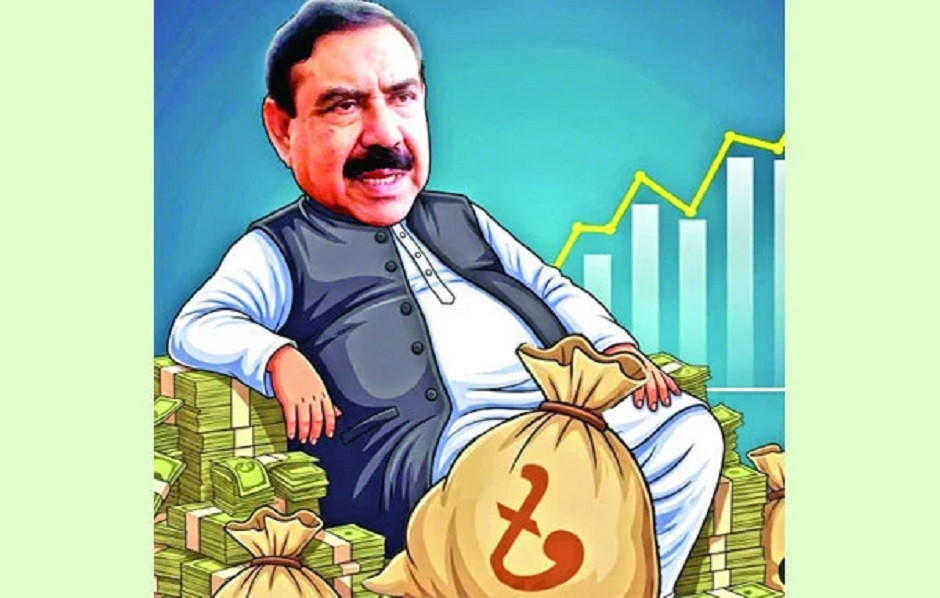Staff Reporter:
The 15-year rule of the Awami League was marked by rampant corruption. Many within the party enriched themselves through embezzlement, siphoning off billions of taka and leaving deep scars on the economy. Among the most notorious of these figures stands Shahjahan Khan, the former minister for shipping. Officially, he was known as a transport workers’ leader with no legitimate source of income. Yet, whenever the Awami League came to power, he seemed to acquire a “magic lamp,” transforming from a debt-ridden man into a billionaire.
Once a Chhatra League activist, Shahjahan later joined Jasad, serving as its publicity secretary and even becoming a member of its armed wing, the Gonobahini (Mukti Bahini). He switched allegiance to the Awami League in 1991 and never looked back. Power networks grew rapidly around him as he gained control over institutions in Madaripur, extending influence to his family and associates. His career peaked after the Awami League’s 2008 election victory, when he was appointed Minister of Shipping.
According to his affidavit in the 2008 general election, Shahjahan Khan was a debtor. His monthly income was then Tk57,086, while his wife, a schoolteacher, earned Tk5,200. They had no cash in hand but carried debts of over Tk42 lakh. His declared immovable assets were limited to three plots, with some shared family property in the village.
Today, his assets span at least 15 properties under his name and six jointly owned. His wife’s holdings jumped from two properties in 2008 to 13 at present. His wealth multiplied nearly a hundredfold after becoming minister, with investments in real estate, hotels, and shipping businesses in both Madaripur and Dhaka.
Using his political clout, Shahjahan seized control of key institutions in Madaripur. He became president of the Madaripur Diabetic Hospital, installed his ally Syed Abul Bashar in the Red Crescent Society, and handed the Chamber of Commerce leadership to his brother, Yachchu Khan. He even used the Ministry of Shipping’s letterhead to wrest control of Madaripur Press Club, appointing his journalist friend Shahjahan Khan as its head.
Court records reveal that Shahjahan was sentenced to six months’ rigorous imprisonment in a 1970 case in Madaripur, and five years in an arms case in Gopalganj. Yet, political influence shielded him from ever serving jail time. Allegations also tie him to killings of Jasad and leftist activists between 1972 and 1980, though no one dared to file cases. In 2013, he drew outrage by ordering the disconnection of electricity and water supplies to BNP Chairperson Khaleda Zia’s residence.
Following the fall of the Awami League, Shahjahan Khan and his son were arrested. The Anti-Corruption Commission (ACC) has since filed multiple cases against him and his family. In one case, he is accused of amassing illegal assets worth Tk11.36 crore and making suspicious transactions of Tk86.9 crore through nine bank accounts linked to his enterprises.
His wife, Syeda Rokeya Begum, faces charges of possessing illegal assets worth Tk4.47 crore, while his son, Asibur Rahman, stands accused of acquiring Tk9.89 crore illegally. Additionally, the ACC issued a notice against his daughter, Aishi Khan, for owning Tk1.71 crore in undeclared assets.
Even within the Awami League, his corruption was no secret. On 30 November 2017, at a rally organised by “Amar Chattogrambasi” at Chattogram Press Club, party leader Khosruzzaman Sujan publicly accused Shahjahan of widespread corruption at the port. He demanded a judicial commission to investigate. Sujan warned that if the irregular recruitment of dock workers was not scrapped, Shahjahan Khan would be declared persona non grata in Chattogram.
Despite widespread allegations, no meaningful probe took place. His power base lay in transport workers, who served both as his political muscle and as a tool for suppressing opposition. Exploiting them while simultaneously looting the state, Shahjahan Khan rose from near poverty to becoming one of Bangladesh’s wealthiest political figures.


